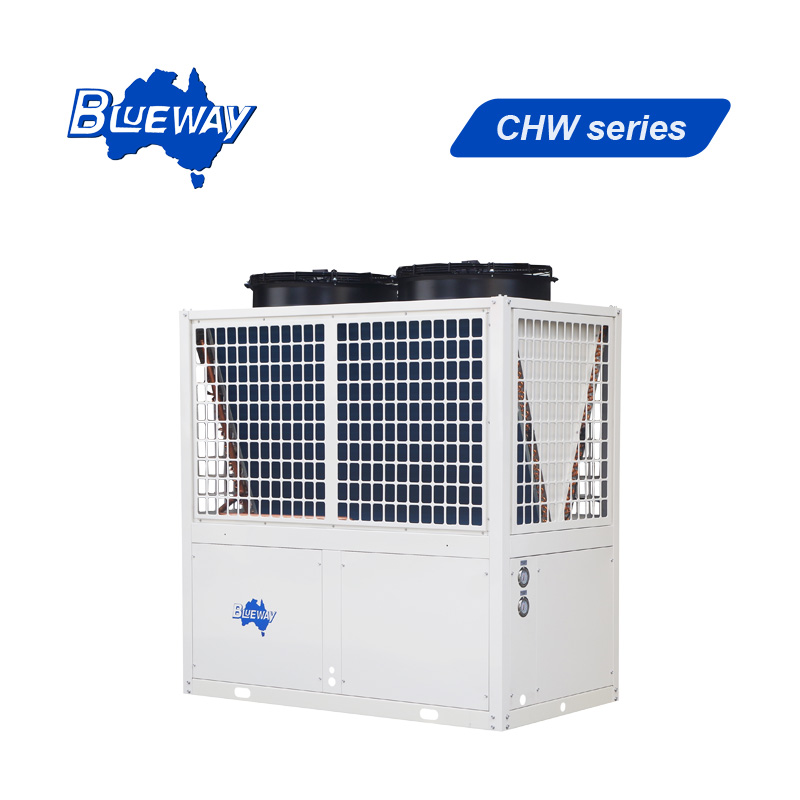How a heat pump water heater typically operates
2024-01-17
A heat pump water heater (HPWH) is a type of water heater that uses a heat pump to efficiently heat water. It operates on the principles of refrigeration, extracting heat from the air, ground, or water to heat the water used in homes or commercial buildings. Heat pump water heaters are known for their energy efficiency and can provide significant savings compared to traditional electric resistance water heaters.
Here's how a heat pump water heater typically operates:
1. Heat Extraction:
- The process begins with the heat pump extracting heat from the surrounding environment. This can be the ambient air, ground, or water source. Air source heat pump water heaters are the most common and extract heat from the air.
2. Refrigeration Cycle:
- The heat pump uses a refrigeration cycle to transfer the extracted heat to the water. The refrigerant in the heat pump evaporates, absorbing heat from the external source and turning into a low-pressure vapor.
3. Compression:
- The low-pressure vapor is then compressed by a compressor, raising its temperature and pressure. This transforms the refrigerant into a high-pressure, high-temperature gas.
4. Heat Exchange with Water:
- The high-pressure, high-temperature refrigerant circulates through a coil or heat exchanger immersed in a tank of water. Heat is transferred from the refrigerant to the water, raising the water temperature.
5. Condensation:
- As the refrigerant releases heat to the water, it undergoes a phase change from a gas to a liquid. The now-liquid refrigerant is then expanded through an expansion valve to lower its pressure and temperature.
6. Evaporation:
- The refrigerant, now in a low-pressure, low-temperature state, returns to the evaporator coil to repeat the cycle, extracting more heat from the external source.
7. Distribution of Heated Water:
- The heated water is stored in a tank and is available for distribution to faucets, showers, and appliances as needed.
Key features and considerations of heat pump water heaters:
- Energy Efficiency:
- Heat pump water heaters are highly energy-efficient, as they move heat rather than generating it. This can result in significant energy savings compared to traditional electric resistance water heaters.
- Operating Conditions:
- Air source heat pump water heaters may be affected by ambient temperature variations. While they work efficiently in moderate climates, their performance may decrease in extremely cold conditions.
- Tank Size:
- Heat pump water heaters are available in various tank sizes to meet the hot water demands of different households or commercial applications. Choosing the right tank size is important to ensure an adequate supply of hot water.
- Installation Location:
- The location of the heat pump water heater can impact its efficiency. Adequate ventilation and space are important considerations. Some models may be installed indoors, while others are designed for outdoor installation.
- Heat Pump Water Heater Types:
- Besides air source heat pump water heaters, there are also ground source (geothermal) heat pump water heaters that extract heat from the ground. These tend to be more expensive to install but can be highly efficient.
- Integration with Existing Systems:
- Heat pump water heaters can be integrated into existing plumbing systems and are often used as a replacement for traditional electric water heaters.
Heat pump water heaters provide an efficient and environmentally friendly solution for heating water in residential and commercial settings. Their energy efficiency makes them an attractive option for reducing electricity consumption and lowering overall utility costs.



